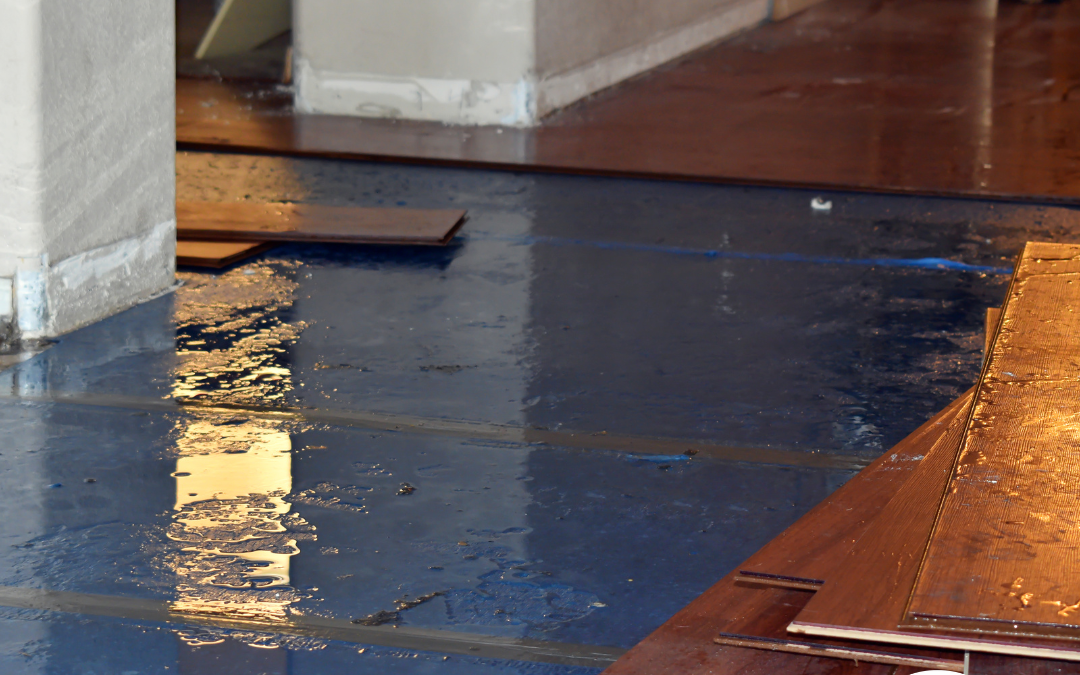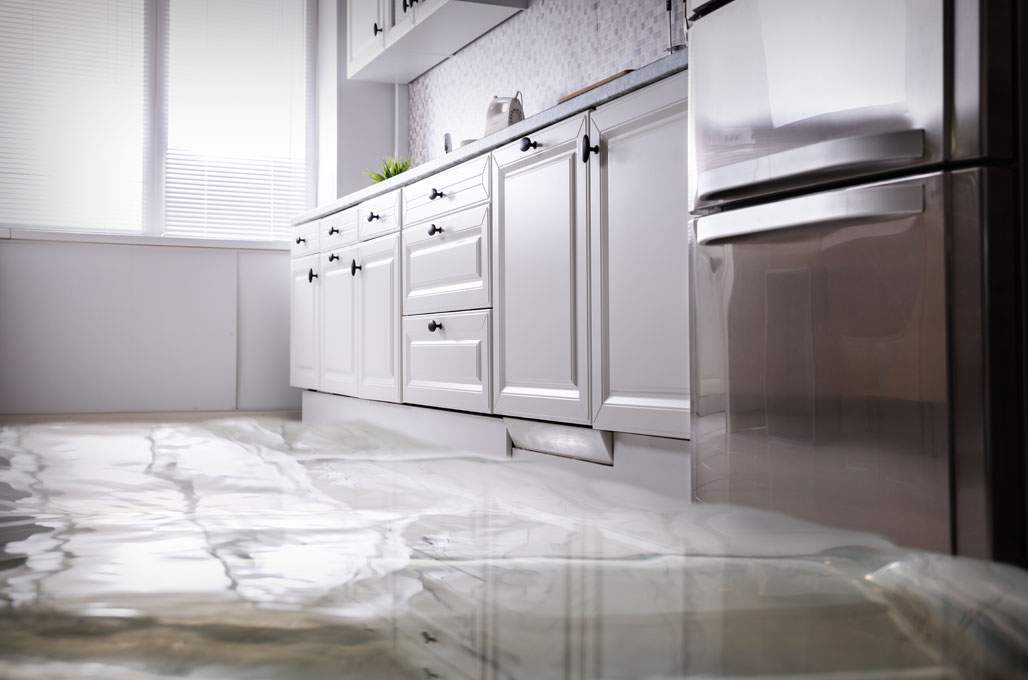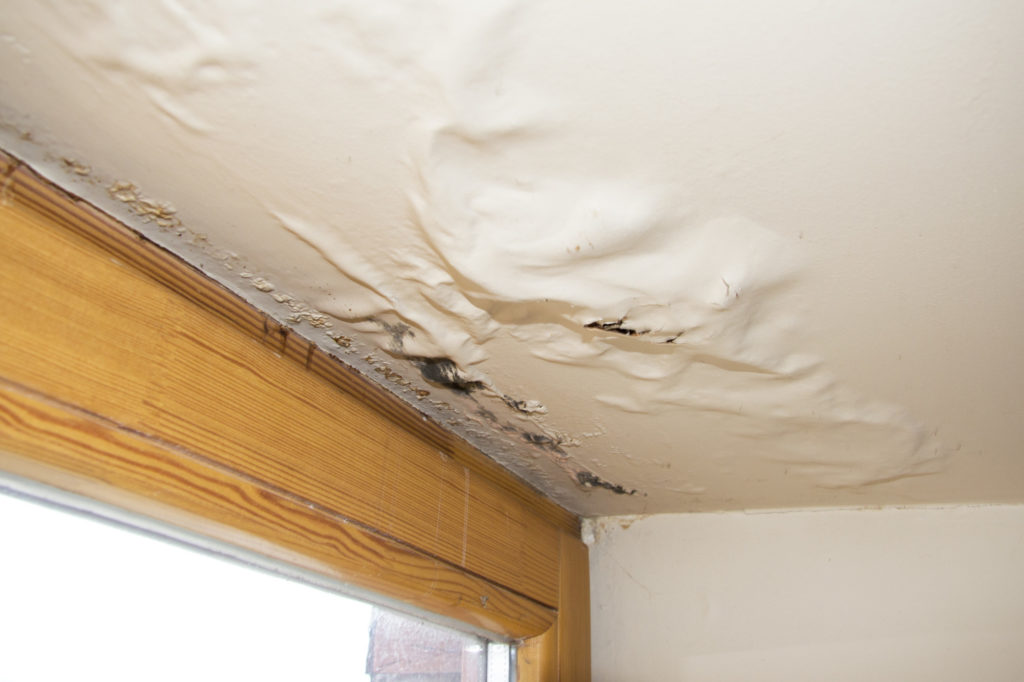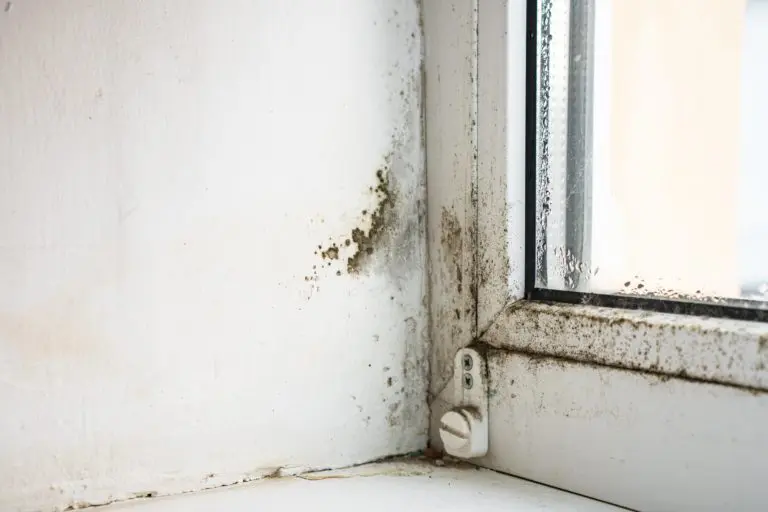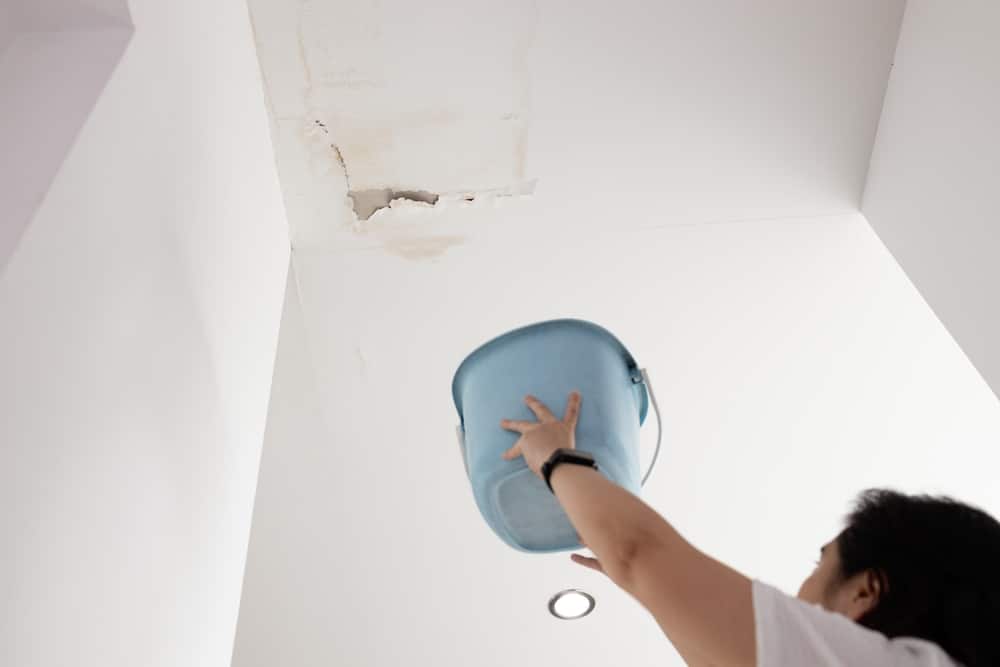Water heaters are an essential part of our daily lives, providing the hot water we need for various tasks. But what happens when your water heater starts leaking? Detecting leaks early can save you from costly repairs and potential water damage. In this guide, we will explore how to detect leaks in water heaters and ensure your appliance continues to function efficiently.

Understanding the Importance of Leak Detection
Leaks in a water heater can lead to severe consequences if not addressed promptly. These issues can range from increased utility bills to significant water damage in your home. Knowing how to detect leaks is crucial for maintaining the health of your water heater and preventing further complications.
Common Causes of Water Heater Leaks
Before diving into detection methods, it’s essential to understand the common causes of leaks. These include:
- Corrosion in the tank
- Loose connections
- Faulty temperature and pressure relief valves
- Sediment buildup
Step-by-Step Guide to Detecting Water Heater Leaks
1. Inspect the Area Around the Water Heater
Begin by examining the area surrounding your water heater. Look for any signs of water pooling or dampness, which might indicate a leak. Don’t forget to check underneath the unit as well.
2. Check the Temperature and Pressure Relief Valve
The temperature and pressure relief valve is a critical component of your water heater. If it’s faulty, it can cause leaks. Inspect this valve for any drips or moisture accumulation.
3. Examine the Connections
Water heaters have several connections and fittings that can become loose over time. Check these connections for any signs of leakage. Tighten any loose fittings to prevent further leaks.
4. Inspect the Tank for Corrosion
Corrosion is a common cause of leaks in water heaters. Examine the tank for any signs of rust or corrosion, as these can indicate a potential leak source.
5. Listen for Unusual Noises
Sometimes, leaks can be detected by sound. Listen for any unusual noises, such as hissing or dripping, which might suggest a leak.
Preventive Measures to Avoid Future Leaks
Regular Maintenance Checks
Conducting regular maintenance checks is key to preventing leaks. Ensure that your water heater is serviced annually by a professional to catch any potential issues early.
Sediment Removal
Sediment buildup can lead to leaks over time. Flushing your water heater regularly helps remove sediment and prolongs the life of your appliance. Learn more about the effects of sediment on water heaters.
Install a Leak Detector
Consider installing a leak detector near your water heater. These devices can alert you to any leaks before they cause significant damage.
When to Call a Professional
While many leak detection tasks can be done by homeowners, some situations require professional assistance. If you notice persistent leaks or severe damage, it’s time to contact a professional plumber.
Conclusion
Detecting leaks in your water heater is crucial for maintaining its efficiency and preventing costly damage. By following the steps outlined in this guide, you can ensure your water heater remains in good working condition. For more information on maintaining household appliances, check out our articles on inspecting icemaker water lines and dryer vent maintenance.

FAQs
How can I tell if my water heater is leaking?
Look for water pooling around the unit, listen for unusual noises, and check connections for signs of leakage.
What should I do if I find a leak?
If you discover a leak, turn off the water supply to the heater and contact a professional plumber for assistance.
Can regular maintenance prevent leaks?
Yes, regular maintenance can help prevent leaks by addressing potential issues before they become severe.
For additional tips on preventing water damage, visit this resource.
This article contains affiliate links. We may earn a commission at no extra cost to you.


